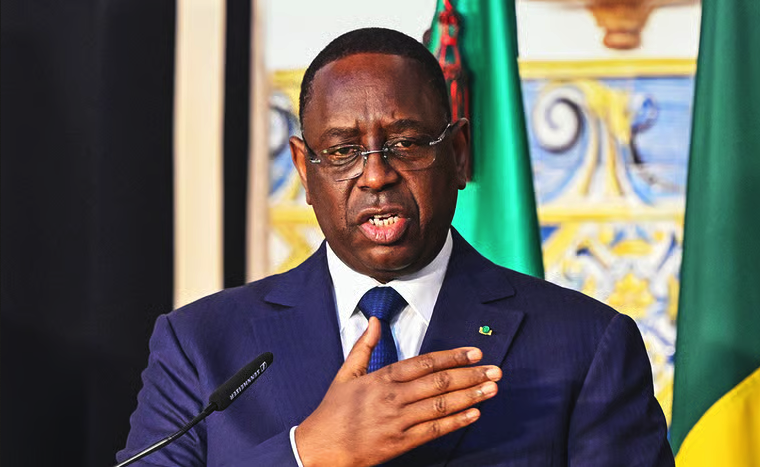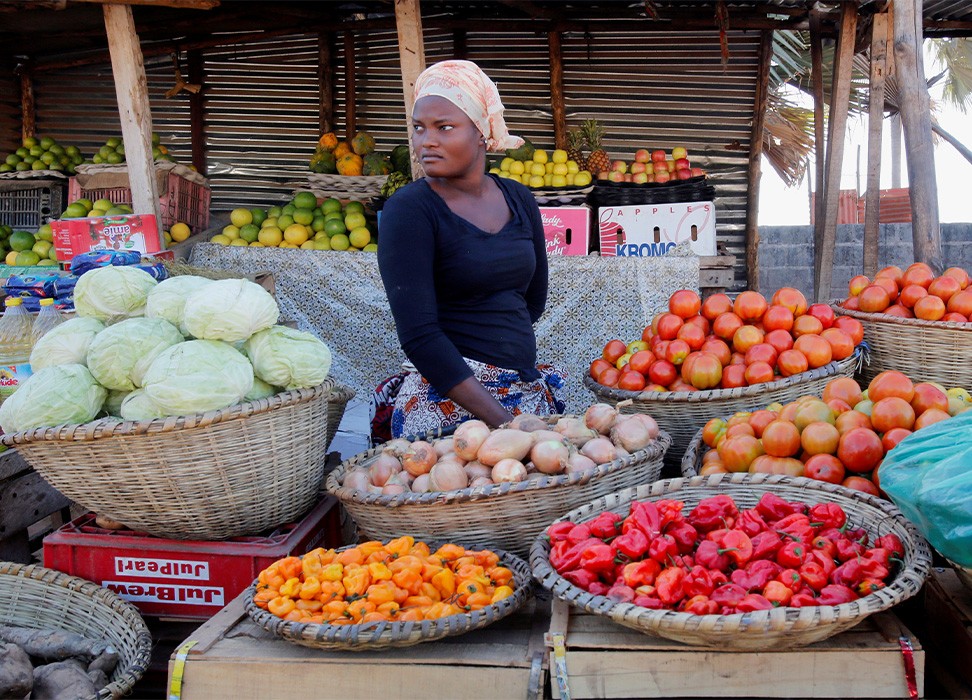Gambiaj.com – (Freetown, Sierra Leone) – Commissioner General of the Gambia Revenue Authority (GRA), Mr. Yankuba Darboe, has described technology as a “catalyst” for reforming tax administration across Africa, calling on West African tax administrators to harness digital tools to enhance revenue mobilization and transparency.
Speaking at the 7th West African Tax Administration Forum (WATAF) High-Level Policy Dialogue in Sierra Leone, Darboe said the adoption of new technologies is key to transforming tax systems to meet the region’s development needs.
The conference, held under the theme “Financing Development through Effective Tax Systems,” brought together senior officials and policymakers to deliberate on strategies to strengthen tax administration across the sub-region.
“Taxation remains the backbone of national development, providing the resources necessary for health, education, infrastructure, and social protection,” Darboe told participants, adding that economic growth in West Africa, while promising, is constrained by tax evasion, base erosion, and the vast informal sector.
He said that while these challenges are significant, they also present an opportunity for greater regional collaboration. “Sharing best practices, innovative approaches, and leveraging technology can enhance our collective capacity to mobilize revenue effectively,” he noted.
Darboe highlighted the GRA’s commitment to aligning its policies with international standards, promoting fairness and transparency, and supporting the harmonization of tax policies within ECOWAS and UEMOA frameworks to curb harmful tax competition and boost revenue.
“In this digital age, technology is a catalyst for reform,” he emphasized. “The adoption of advanced data analytics, digital payment solutions, and automated systems can improve compliance, reduce administrative costs, and enhance taxpayer services. Cross-border cooperation, facilitated by shared data and information exchange, is essential to combat tax evasion and illicit financial flows.”
According to Darboe, equitable and inclusive tax systems are critical to fostering social cohesion and enhancing voluntary compliance. “Addressing issues of tax fairness ensures that all segments of society contribute their fair share and benefit from development,” he added.
Urging participants to build resilient, modern, and sustainable tax systems, Darboe underscored the importance of transparency, integrity, and collective action.
“Let us work collectively, inspired by our shared vision, to harness our tax systems as vital instruments for financing the development our countries deserve,” he said.
The forum concluded with a shared commitment to accelerate the adoption of technology-driven reforms to strengthen revenue administration across West Africa.










